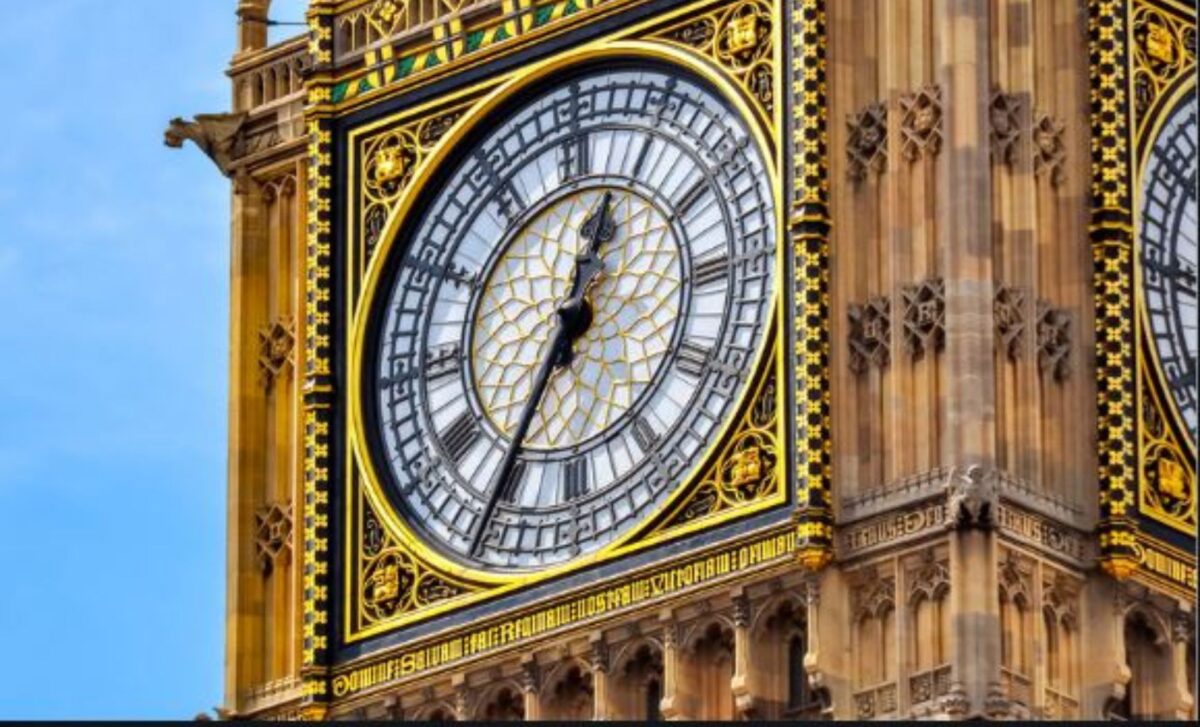As the end of daylight saving time (DST) is getting closer, the UK will soon have to change its clocks to Greenwich Mean Time (GMT).
Understanding Daylight Saving Time in the UK
Daylight saving time in the UK starts on the last Sunday in March when clocks are moved forward by one hour, initiating British Summer Time (BST). This change allows for longer evenings with more daylight, which can reduce the need for artificial lighting and provide more time for outdoor activities during the warmer months. The concept of daylight saving time has been a part of British life for over a century, initially introduced during World War I to conserve fuel by making better use of natural daylight. The practice was reintroduced during World War II and has continued ever since, with minor adjustments over the years.
The Upcoming Shift Back to GMT
When daylight saving time ends, the clocks will be set back by one hour, marking the return to Greenwich Mean Time (GMT). This change happens on the last Sunday in October and marks the transition into winter, with earlier sunrises and sunsets. The shift brings about shorter days and longer nights, a clear sign that the colder months are approaching.
Returning to GMT means that mornings will be brighter, which can help ease the early morning commute or school run. However, the trade-off is darker evenings, which can affect after-work activities and require adjustments in daily routines. For many, the end of BST is a reminder to prepare for the winter months ahead, as the UK experiences less daylight and colder temperatures.
Practical Considerations For the clock change
As the UK prepares for the clock change, it’s crucial to remember to adjust any manual clocks or watches that do not update automatically. The majority of digital devices, including smartphones and computers, will make the time adjustments on their own, traditional clocks, however, will require a manual setback. This time change also offers a good opportunity to verify and replace the batteries in safety devices such as smoke detectors to avoid any kind of malfunction that can lead to dangerous consequences.
The change back to GMT also means adjusting to new routines, especially in the mornings and evenings. Brighter mornings can make it easier to wake up and start the day, but the darker evenings may require more careful planning, especially for those who engage in outdoor activities after work. It’s also a great opportunity to review home lighting to make sure that outdoor areas have enough lighting.









